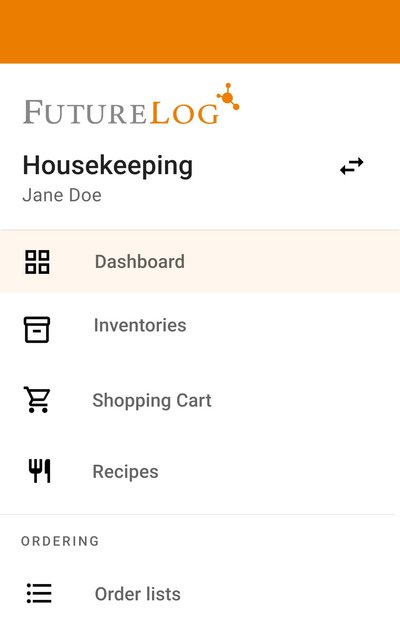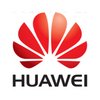
Leveraging Data Insights in Hospitality: The Role of P2P Systems in Improving Decision-Making
Over the last several years, hoteliers have been forced to tackle a variety of emerging challenges head-on, from labour shortages to supply chain disruptions and rapidly evolving guest demands. As travel volumes recover, leading hotels are investing in digital transformation and refreshed amenities for an increasingly experience-driven audience.

Over the last several years, hoteliers have been forced to tackle a variety of emerging challenges head-on, from labour shortages to supply chain disruptions and rapidly evolving guest demands. As travel volumes recover, leading hotels are investing in digital transformation and refreshed amenities for an increasingly experience-driven audience.
While these changes are clearly seen by both employees and guests, their success depends on a less visible function: How your hotel approaches purchases—whether that means sourcing ingredients, automating tasks, or going paperless to reduce invoice processing costs.

Many hotels have shifted to a digital procure-to-pay (P2P) model to make smarter spending decisions. P2P platforms make it easier to consolidate and manage the entire procurement process, which includes choosing goods and services, managing contracts and supplier relationships, receiving and reconciling purchases, and handling invoices and payments.
When integrated with other hotel systems, like enterprise resource planning (ERP) tools, P2P platforms are a goldmine of valuable data. Used effectively, this data can be leveraged to drive more strategic procurement activities that deliver significant cost savings and enable better value for guests. BCG reports that companies can reduce their annual spending by an average of 5-10% by using digital technologies.
Here’s a closer look at why successful hotels must make better procurement decisions and how P2P systems can help.

Why hotels need to make better procurement decisions
Hotels are uniquely positioned when managing procurement. Seasonality can make processes like inventory management more complex and harder to optimise than in other industries. Hoteliers also operate with small profit margins and limited time and resources, often prioritising vendor pricing and availability over factors like product quality or a supplier’s environmental and social practices. This can impact guest satisfaction and hamper other business goals, such as meeting sustainability regulations and targets.
Steep inflation and labour shortages have put even greater pressure on hotel procurement. In the UK, labour costs per available room have risen by 15% since the start of the pandemic, with overheads expected to increase further in the coming months. As high quit and job opening rates persist, procurement must be mindful of cost-saving measures as hoteliers raise wages as a recruitment tactic. Procurement teams may lack the resources to focus on more strategic aspects of the role.
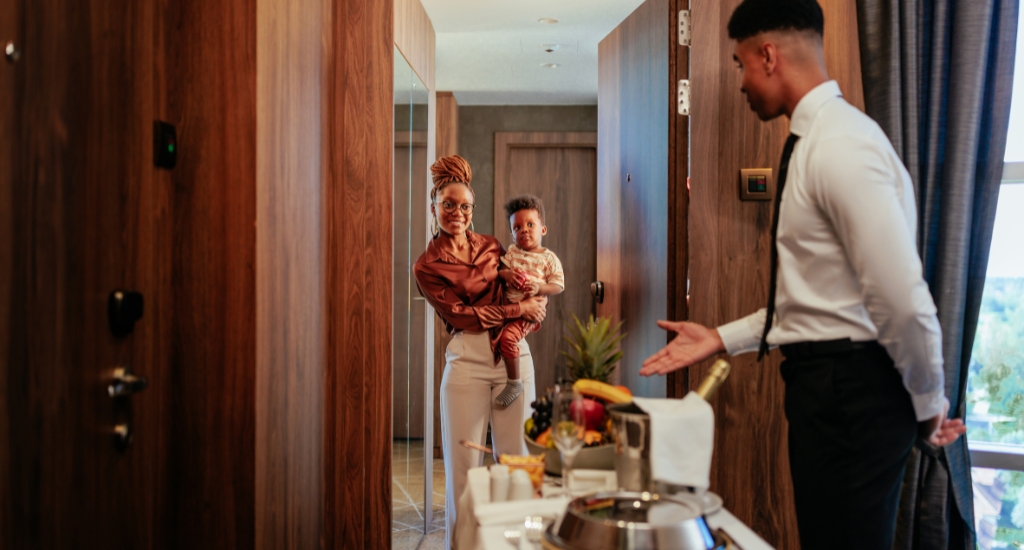
There’s also the question of consumer demand. Guest preferences have shifted dramatically in recent years, desiring more personalised experiences and amenities, as well as the convenience of mobile guest support and contactless options. More than ever, procurement teams must stay agile and find ways to meet new consumer expectations while adhering to budgetary constraints.
Hotel procurement teams that still rely on manual processes over P2P platforms and analytics will have a harder time overcoming these challenges. Yet, research indicates that many businesses are still slow to adopt P2P. According to APQC, almost a quarter of businesses worldwide lack access to real-time purchasing data. Less than half include advanced analytics and predictive algorithms in procurement decision-making, with 26% relying on instinct or anecdote.
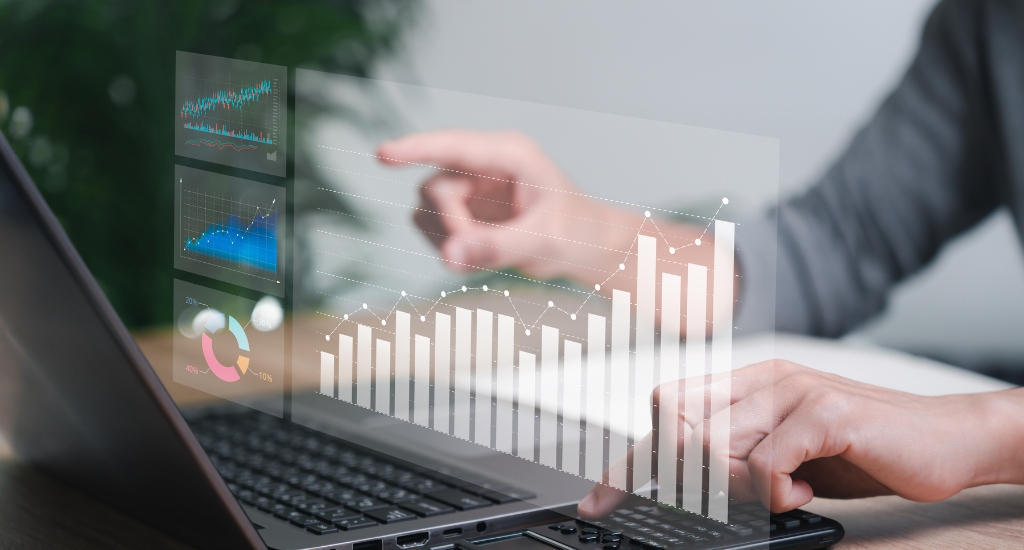
How P2P analytics drive better decision making
Hotels that have successfully navigated pandemic disruptions and economic uncertainty have undoubtedly relied on procurement decisions to stay resilient. After all, your hotel’s external spending is central to a variety of performance indicators, from profit margins to guest satisfaction and regulatory compliance. Forward-thinking hotels understand this and may have even integrated procurement professionals into executive-level conversations and initiatives.
However, procurement teams can’t become a value-generating part of the business unless they’re equipped with reliable data and the tools needed to make sense of it at scale. This can be accomplished through P2P systems, which derive insights from a variety of procurement data sources, such as purchase orders, invoices, supplier information, contact details, ERP systems, financial forecasts, and more.

These insights can be leveraged for improved hotel procurement decisions in several ways. For example:
- Hotel procurement can identify underperforming suppliers and renegotiate contracts or seek alternative vendors by finding patterns across supplier performance measures—such as delivery timelines, product quality, and pricing accuracy. At the same time, hotels can separate top-performing suppliers and build stronger partnerships with them. Over time, these suppliers may be more willing to offer deals or discounts and collaborate to overcome supply disruptions, providing significant long-term cost savings. According to a Deloitte survey, procurement leaders say that improving supplier collaboration is the best way to deliver organisational value.
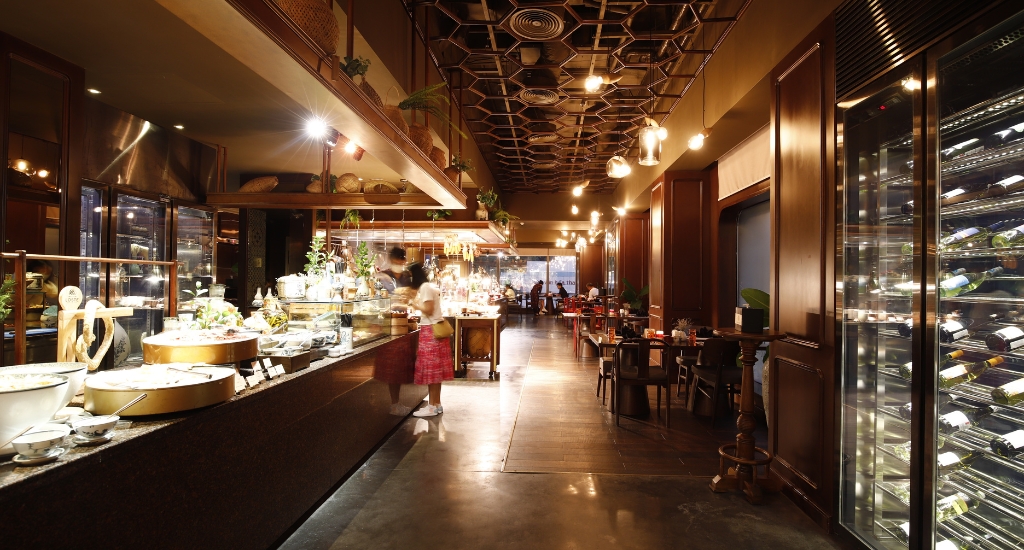
- P2P data can offer real-time visibility into inventory levels, allowing hoteliers to track stock, monitor usage patterns, and forecast demand. With this information, procurement can be more confident that purchase order timing and volumes align closely with operational requirements and that the hotel isn’t losing money through stockouts or excess inventory.
- Businesses throughout Europe and North America are increasingly required to report on the social and environmental impacts of their operations and supply chains, and hospitality is no exception. Better compliance with social, environmental, and governance (ESG) standards appeals to both consumers and investors, but these practices are notoriously hard to measure and report on. P2P data makes it easier for hotels to source vendors with ideal social and environmental practices and measure their impact.

What’s more, P2P analytics software allows procurement staff to spend less time managing data and more time focusing on actionable strategies that drive real business value. Industry analysis indicates that optimising P2P processes can save businesses between 30% and 50% on purchase order and invoice costs, reduce P2P cycle timelines by 40% to 50%, and lower supply chain management expenses by 15% to 20%.
Empower your procurement function with P2P insights
Hoteliers operate in an era of significant disruption originating from markets, supply chains, and consumers alike. To stay competitive, hotels must rethink their approach to procurement as a key function in overcoming uncertainty.
Through P2P systems, hotel procurement can gain a deeper understanding of their purchasing processes and optimise spending through improvements to supplier relationship management, contract negotiations, inventory management, and regulatory compliance. Access to relevant, accurate P2P data ultimately empowers hotel procurement to make more efficient, informed decisions that address financial goals without compromising the guest experience.

Make the most of your data
Looking for ways to make the most of your P2P data? Contact our team of hospitality experts today to discuss how FutureLog technology can help you optimise your spending, make smart purchasing decisions and more.
OUR APP: Procure-to-pay while on the go!
From placing orders and managing recipes to approving invoices and viewing reports, with FutureLog’s native mobile app you’ll have all the power and automation of our P2P web solutions conveniently at your fingertips. Whether you’re online or offline, you can stay in control.
